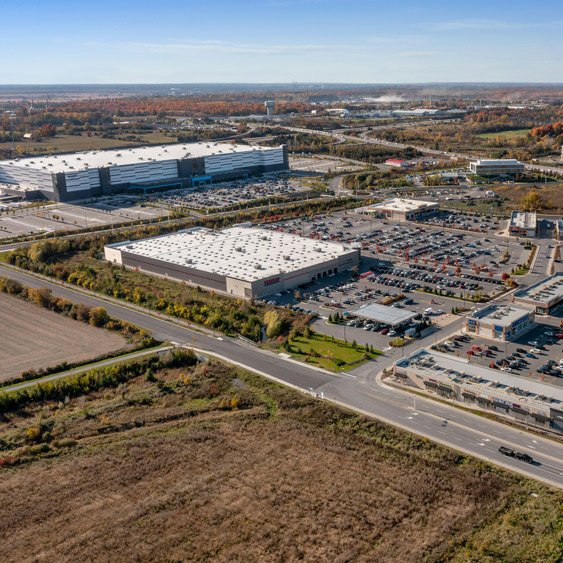Purchasing commercial land
Commercial land in real estate refers to parcels of land that are designated for business activities and commercial purposes. This type of land can be utilized for various ventures, including retail stores, office buildings, warehouses, industrial operations, and other business-related developments.
Unlike residential land, which is primarily intended for housing and living purposes, commercial land is specifically zoned and developed to accommodate businesses that generate income.

Understanding Commercial Land
Commercial land encompasses a wide range of property types, each serving different functions within the business realm. For example, retail commercial land may be located in high-traffic areas to attract customers, while industrial land is often situated near transportation hubs for logistical efficiency.
The zoning regulations for commercial land are crucial, as they dictate what types of businesses can operate on a specific parcel and how the land can be developed.
Additionally, commercial land can vary significantly in size, location, and accessibility, all of which can influence its value and potential for development.
Buyers should be aware of the different classifications of commercial land, which typically include:
- Retail:
Land intended for businesses that sell goods directly to consumers, such as shopping centers, restaurants, and convenience stores.
- Office:
Land designated for businesses that provide services or administrative functions, including corporate offices, co-working spaces, and medical offices.
- Industrial:
Land used for manufacturing, production, distribution, and storage, often located near major transportation routes.
- Mixed-Use:
Properties that combine residential, commercial, and sometimes industrial spaces, allowing for a variety of uses within a single development.
Key Considerations Before Buying Commercial Land
Before making a purchase, there are several critical factors that potential buyers should consider to ensure a successful investment:
- Zoning Regulations
Understanding the zoning laws that apply to the land is paramount. Zoning regulations determine what types of businesses can operate on the property, the height and size of buildings, and the overall usage of the land. Buyers should consult with local zoning authorities to verify the current zoning classification and any potential changes that may be proposed in the future.
- Location and Accessibility
The location of commercial land plays a significant role in its viability and profitability. Properties situated in high-traffic areas or near major transportation routes tend to attract more customers and clients. Accessibility for both customers and employees is also essential; consider proximity to public transportation, parking availability, and ease of access from major roads.
- Market Trends and Demand
Researching the local real estate market is crucial before purchasing commercial land. Understanding current trends, demand for commercial spaces, and economic indicators can help buyers make informed decisions. Analyze the competition in the area and consider the potential for growth in the market.
- Environmental Considerations
Conducting an environmental assessment is important to identify any potential issues that could affect the land's usability. This includes checking for contamination, wetlands, or other environmental concerns that may require remediation or impact development plans.
- Financing Options
Commercial land purchases often require different financing strategies compared to residential properties. Buyers should explore various financing options, including traditional bank loans, private lenders, or even partnerships. Understanding the financial implications, including down payments, interest rates, and terms, is essential for making a sound investment.
- Future Development Potential
Consider the long-term potential of the land. Are there plans for infrastructure developments in the area, such as new roads, public transit, or commercial centers? Future developments can significantly increase the value of the land and its attractiveness to potential tenants or buyers.
- Professional Assistance
Engaging with professionals such as real estate agents, attorneys, and land surveyors can provide valuable insights and guidance throughout the purchasing process.
These experts can help navigate legal complexities, assess property values, and ensure compliance with local regulations.
Purchasing commercial land is a significant investment that requires careful consideration and thorough research. By understanding the nuances of commercial real estate and taking into account the various factors that influence property value and usability, buyers can make informed decisions that align with their business goals and objectives.